Executive Summary
The EANZ Summit 2025 brought together 70 participants at the University of Otago Christchurch Medical School for our inaugural national conference. The summit featured five speakers, cause area meetups, and ample networking time through a serial content format with dedicated breakout spaces. At its core it was a one-day event, but Friday and Sunday satellite events made it a 3-day extravaganza for many of us.
The summit attracted a healthy mix of newcomers and established community members. Had an average recommendation score of 8.3/10. The 1-floor-only nature of the venue encouraged intermingling, the energy was high throughout the day, and the mix of experience levels fostered valuable connections.
Short term outcomes:
- Attendees surpassed a $20k matching donation goal for global health charities (regular donors ineligible)
- Sparked the launch of the Christchurch AI Risk and Ethics Community
- One attendee reported they intended to take a GWWC trial pledge following the Summit
- The EA Auckland group started back up with a couple new events (after being dormant for over a year)
- Ruben got a job offer and is now gainfully employed at EquiStamp
1. Facts and Figures
The EANZ Summit was held on the 7th floor at the University of Otago, Christchurch Medical School. A building which is physically attached to the Christchurch City Public Hospital. 70 participants physically attended out of 80 domestic registrations (some international applicants applied but none attended).
Career stage
The most common career stage was “Working (0-5 years)”.
Data from 67 participants, some counted twice e.g. working + self employed.
—-------------------------
Prior EA experience
There was a bimodal distribution of prior EA experience based on self-selected data. Note 4 of the 5 speakers are included in the rightmost column as working for an EA-aligned org.
Data from 68 participants, each only counted once, in the right-most category they selected. E.g. If they worked for an EA-aligned org they would not be counted in attended EAGx/EAG.
—-------------------------
Demographics
Half of the attendees were from Christchurch, a quarter from Wellington, 12% from Auckland, and the remaining from the rest of the country. Note Auckland is NZ’s biggest city but it is on the opposite end of the country and the EA Auckland group has been dormant as the most active organisers have moved away recently, so we didn’t have as many people from that city as we would like. 43% were women or non-binary.
Complete Data of 70 participants.
—-------------------------
Where did they hear about the summit?
The majority of attendees heard about the summit through personal networks rather than mass communication channels.
Self-selected data. Apologies should have made cleaner categories here but hopefully provides some insight.
—------------------
Cause areas
Before the summit, attendees were interested in a broad range of cause areas. No single cause area was selected by even half of attendees. Tied for most popular were “AI governance and Policy” and “Economic Development and Poverty Alleviation”.
Data from 54 attendees at time of registration prior to the summit. Each selected multiple answers. Unfortunately I realised too late that “Global Health” was not an option as a specific standalone category.
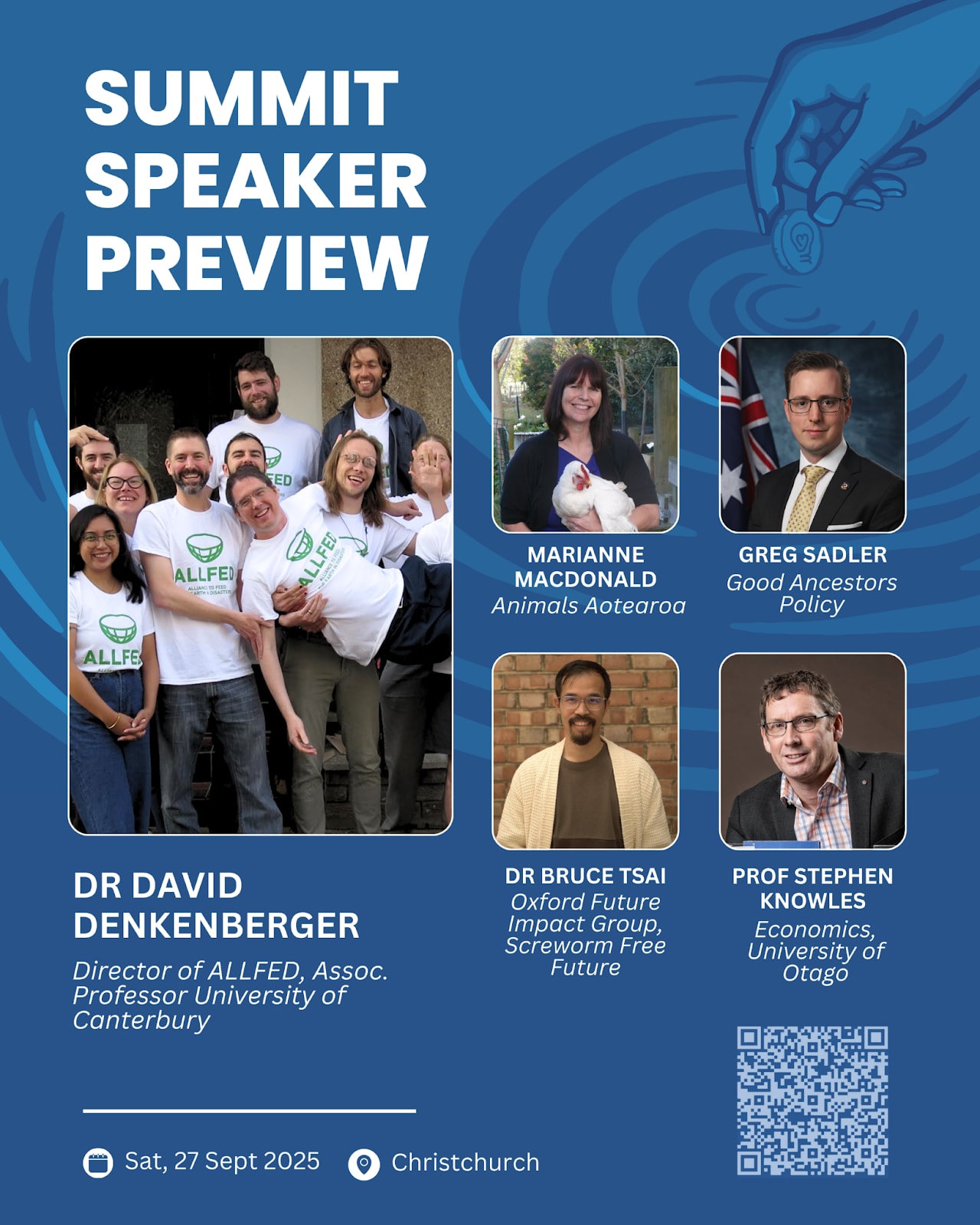
2. Programme
In contrast to other conferences, the NZ Summit was organised as a serial content programme with an abundance of side rooms for participants to dip out and have 1on1s on their own schedule. We aimed to include high quality representatives from distinct cause areas. The public schedule was as follows:
0800 - Doors open
0810 - Breakfast and initial 1on1s
0855 - Opening talk: Welcome to the EANZ Summit
0915 - Greg Sadler: How do you solve pressing problems with policy?
1015 - Morning tea
1030 - Marianne MacDonald: Having Impact for Animals
1130 - Dr. Bruce Tsai: Global Priorities Research
1220 - Lunch
1250 - Organisation Fair (lots of stalls/tables)
1345 - Prof. Stephen Knowles: Why don’t people donate to the most effective charities and does this matter?
1445 - Cause area meetups
1530 - Cause area meetups part 2
1600 - Dr. David Denkenberger: Feeding everyone no matter what | Civilisational resilience to global catastrophes
1700 - Final 1on1s
1730 - Conference Ends
1900 - Dinner at 29 Sweets Restaurant ($26, not included in ticket price)
This was posted on our website and on Swapcard.
Cause area meetups schedule
| Room (tbc) | 708 | 709 | 710 | 712 | Lecture Theatre |
| 1445 | Global Health | Development and Economics | Technical AI Safety | Disasters | Animal Welfare |
| 1530 | Biosecurity and Pandemics | Charitable Giving and Charitable Evaluation | AI Governance | Climate Change |
--------------------
Gavin sorting out summit logistics roadside in Uganda after his hitchhiking ride broke down.
3. Core team and Volunteers
The summit was organised by two paid organisers: Gavin and Ruben. Rowan from EANZ smoothly handled all accounting specifics which was very helpful as neither Gavin nor Ruben had experience with accounting. In practice, we were able to email all receipts to her.
Catherine also provided valuable help, insight and a sounding board. Dion provided guidance from CEA.
Many thanks to our phenomenal volunteer team: Alex, Allan, Catherine, Drew, Jana, Josh, Mel, Nina, Tara, Chris, Demelza, Ember, Jason, Luis, Mac, Robert, Sanji and Reilly! And Otis for designing the poster.
These 18 volunteers organised into 4 teams: registration, room management, logistics and speaker liaison. Having a lot of volunteers meant that each individual still had plenty of space to enjoy the summit on the day. The volunteers were excellent and made the summit go much more smoothly. Volunteers seemed highly satisfied.
Due to the summit being of a smaller size than an EAGx, we had a flat volunteer structure instead of team leads which may have contributed to volunteers being willing to take initiative on the day.
4. Budget and Finances
Funding for the event came from three sources: Ticket sales, a CEA Grant and a generous anonymous donation of $3k NZD for attendee travel expenses. We are very grateful to this donor, CEA and ticket purchasers, especially those who purchased ‘supporter’ tickets.
Expenses for the summit, excluding organiser pay, were USD $7,603 (NZD $13,241). This includes approved flight costs or subsidy for 14 people. We only subsidised domestic flights, with the exception of one speaker from Australia.
We are also grateful to the Deanery of the University of Otago, Christchurch School of Medicine for supporting us by waiving the venue hire cost.
We made USD $1085 (NZD $1,890) in ticket sales after accounting for Humanatix fees. Note that we waived ticket price for volunteers and where it was a barrier to attending e.g. students or cases where attendees were already self-funding a large amount of travel expenses. Please note exchange rates have changed slightly since performing these calculations.
| Category | SUM of Amount NZD |
| Attendee Accomodation | $0.00 |
| Catering | $3,094.99 |
| Flight Funding Speakers | $1,559.99 |
| Flight Subsidy Attendee | $3,395.42 |
| Food other | $380.00 |
| Merch | $2,702.50 |
| Other | $279.20 |
| Security & Cleaning | $880.73 |
| Software | $948.62 |
| Venue | $0.00 |
| Grand Total | $13,241.45 |
| In USD | $7,603 |
The budget was planned with a significant margin of error and were able to find significant cost savings e.g. with venue. We’re happy to report that our final expenses, including organiser pay, totaled more than $10,000 NZD under the approved budget. These funds have been returned to CEA for other high impact projects.
If we exclude travel subsidy for attendees and organiser pay then total Summit expenses were USD $5,653 (NZD $9,846.03). Or ~$80 USD per person.
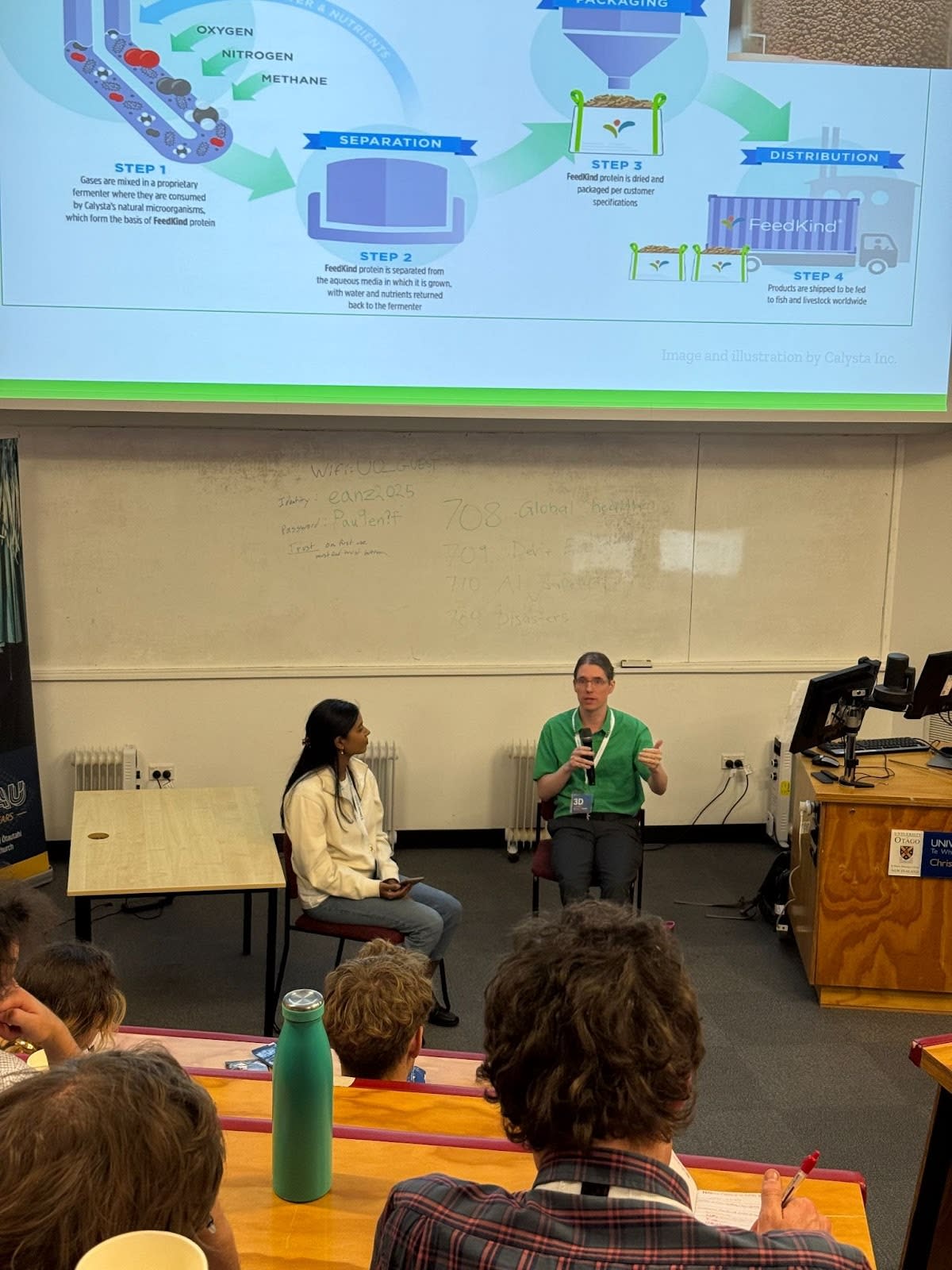
5. What went well and notes for next time
The summit aimed both to connect people working on EA causes spread out across NZ and serve as a catalyst for EA-curious people to get exposure to the ideas.
Good:
- Strong speakers that showcased real work being done in our region and sparked lively discussions.
- The venue was great because it isolated and concentrated people together on the 7th floor for the day. The lecture theatre in the middle was both physically and symbolically the core of the event. This was supported by an abundance of breakout rooms available around the outside for people to sneak off and have 1on1s without ever being too physically distant from the action. Map below:
3. The volunteer team was excellent (see section 3).
4. The vibe: It was an energetic atmosphere throughout the day. I noticed lots of people smiling and having spontaneous conversations. Lots of people offering to help each other with things. The buzzing lasted until around the final talk where many people seemed to crash.
5. The Satellite Events: On the Friday we had a 3 hour Tabletop Exercise (TTX) based on the AI 2027 scenario run by Greg Sadler of Good Ancestors and then in the evening we ran a dinner and screening of the movie The Man Who Saved The World, about Stanislav Petrov. On Sunday Catherine organised a walk around the botanical gardens. These events were great options to extend the summit for those that wanted it.
6. The catering. Satisfaction 3.6/4 with no dietary hiccups.
Short term Outcomes
- Global Health Donation Drive: For one of our call to actions at the end of the event we unveiled that an anonymous donor (second one) had left $20k in matching funds for EA NZ’s global health charities (mostly GiveWell charities) for the next 3 days only. Matching was only available for first time donors and donors returning after more than one year. We surpassed that goal.
- Launch of the Christchurch AI Risk and Ethics Community. Founded by Emma Humphrey and catalysed at the Summit. The group has had a successful start and we are excited to see it thrive!
- As before: One attendee reported they intended to take a GWWC trial pledge following the Summit. The EA Auckland group started back up with a couple new events (after being dormant for over a year). Ruben got a job offer and is now gainfully employed at EquiStamp.
Uncertain
- We chose to hold the event in Christchurch (which is either the 2nd or 3rd biggest city in NZ depending on which metric you use) because Gavin, Ruben and Catherine were all living there at the time. This meant we were able to draw upon our own networks most effectively and was most feasible given Gavin also being a full time medical student. However, it may have been more difficult for the marginal north islander to make the trip.
Notes for next time:
- Q&A sessions post each talk.
- I (Gavin) was quite excited about the prospect of having every speaker give their presentation and then participate in a separate one-person Q&A panel with crowd-sourced questions.
- I came at this with some ingredients: (1) great speakers and facilitators, (2) the Swapcard app for crowd questions, (3) avoiding common failure modes (e.g. not realizing that the most-liked questions are sorted in order and accidentally sourcing from the bottom), (4) the fact that we had a sequential programme meaning that previous speakers would always be in the audience, and (5) asking each speaker to prepare supplementary appendix slides for their talk that they could draw on if needed.
- Unfortunately, I (Gavin) think the additional time for the Q&A sessions ended up average and could have stuck with a smaller 5 minutes instead of 15. This is no criticism of the speakers, who gave highly rated presentations and answered the questions well. More that we hit diminishing returns with questions.
- This has been an update for me that generating really high-value-dense questions (and answers) on the fly is actually quite hard. If I were running this again, I wouldn't necessarily extend the talks (I worry about attention span past the 35-minute mark). Instead, I'd just have slightly longer breaks between talks. You still get most of the value from the few most-liked questions.
2. We found that Airtable wasn’t worth the money. We didn’t use any features that Google forms couldn’t have given us. We recommend future summit organisers to just use Google Forms or a free equivalent unless you have a specific plan for what valuable features you will be using. On the other hand I imagine this does not apply at the EAG level and heard PH summit found it valuable.
3. Limited EA Christchurch or EA Wellington specific call to action for follow-up local events organised post- summit. While we had satellite events, in an ideal world the summit could have been a launching ground for a longer-term pre-prepared programme of events in local groups at EA Christchurch and EA Wellington. Unfortunately we did not have the capacity to generate this and the end of the year would be the wrong time to run a multi-week programme. Still, if we were running again, having 2 high quality events to pitch over the next 2 weeks would have been a good target.
4. We didn’t have the End-of-Summit survey link sorted at the time of the conference wrap up talk (we forgot). So we didn’t get people to fill out the survey then. We had it ready by dinner, but we think we got maybe ~8 fewer responses than we would have otherwise.
6. Post-Summit Feedback
We received 28 responses from attendees after the summit (40% of attendees). Overall feedback was positive. Respondents were happy with the event and its outcomes, and results suggest it's worth doing again.
Key findings:
- Average recommendation score of 8.3/10
- Strong intended actions after the summit (joining groups, applying for opportunities, etc.)
- On average, attendees over 25 rated more likely to recommend to someone with similar interests as their own compared to the youngest group (>9/10 vs. 7.7/10).
- 96% rated summit better use of time than alternatives (27/28)
- 54% rated it "notably" or "much" better use of time than alternatives (15/28)
- Felt welcome: average score 4.7/5.
- Felt respected by other attendees: average score 9.3/10
For those who have specific data questions, the visualisations below show detailed breakdowns of satisfaction, intended actions, demographics, and marketing channels. Python code was generated in Cursor.
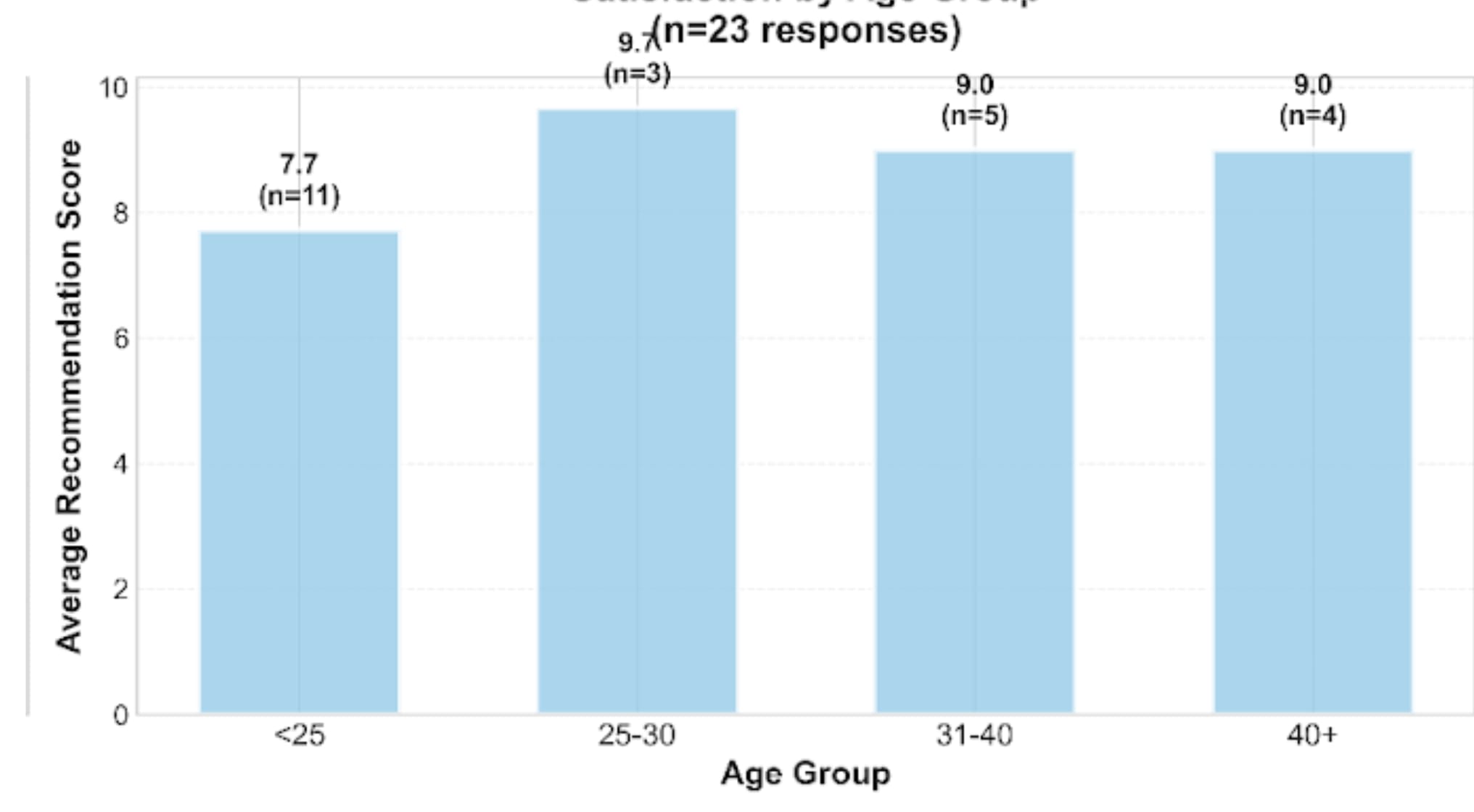
Finally, many attendees self reported an increased understanding of EA compared to their prior understanding.
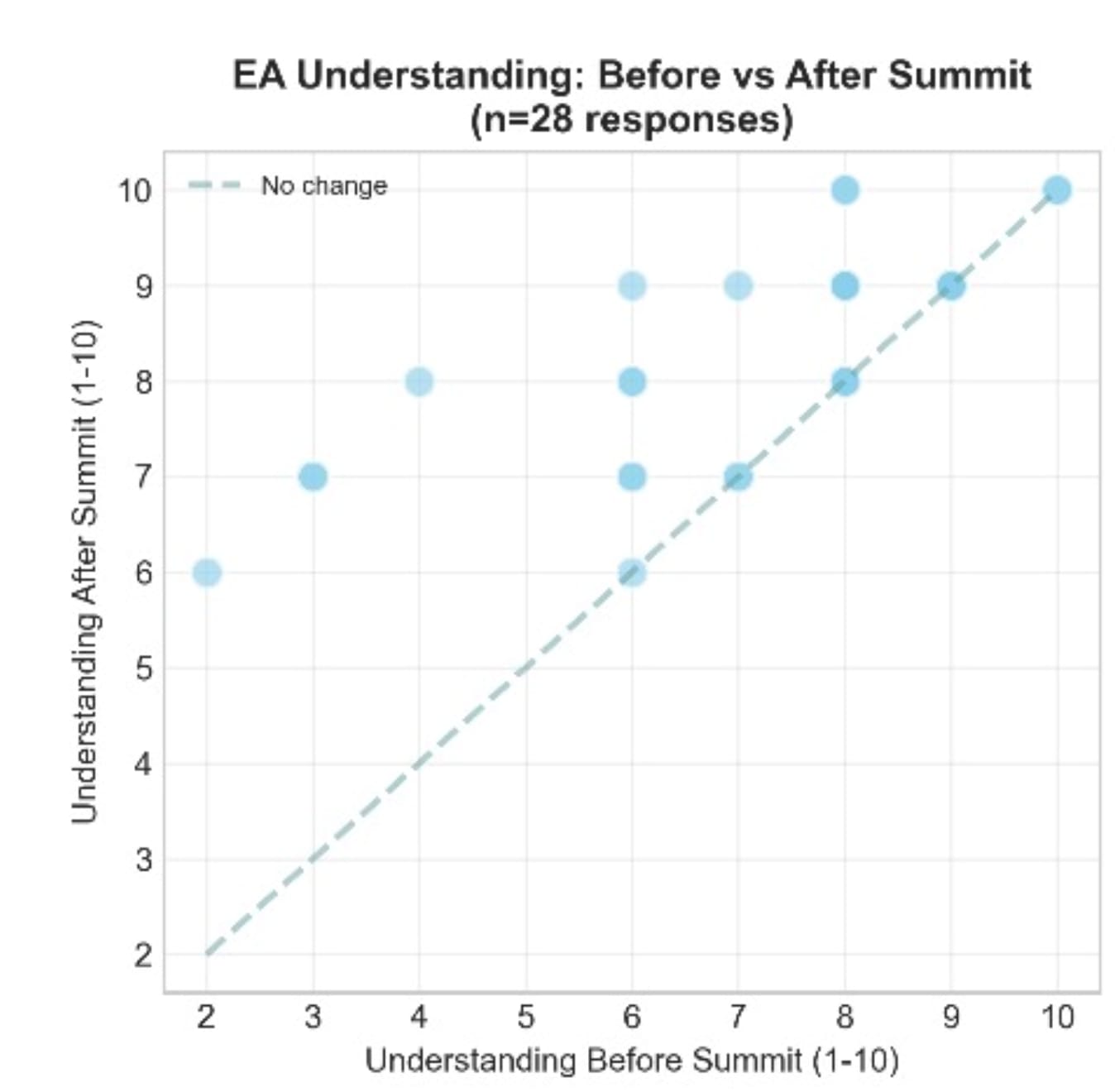
Very short video of Beaven foyer.
If you are interested in being involved in the organisation of a summit next year please get in touch.
Ngā mihi

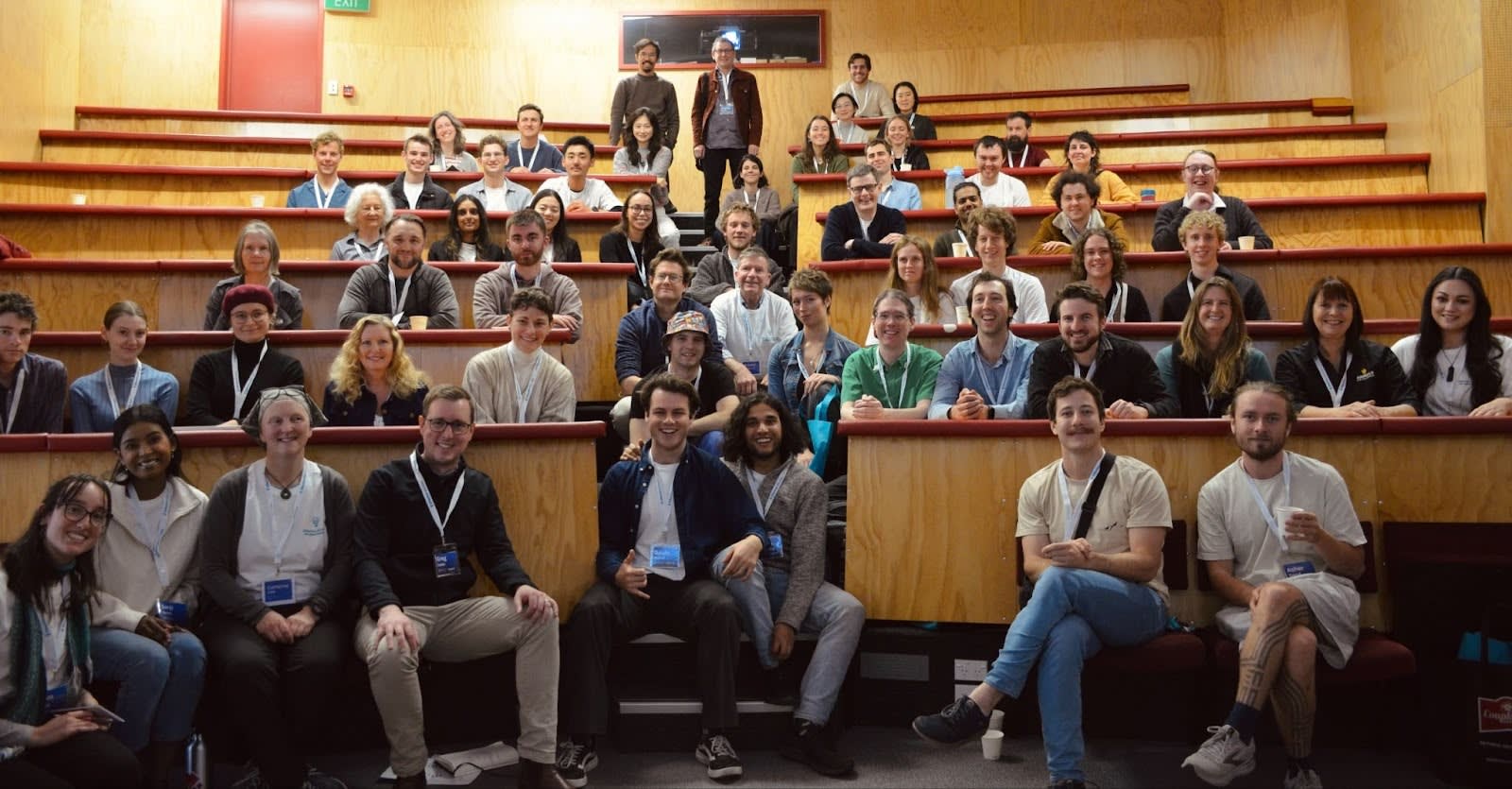
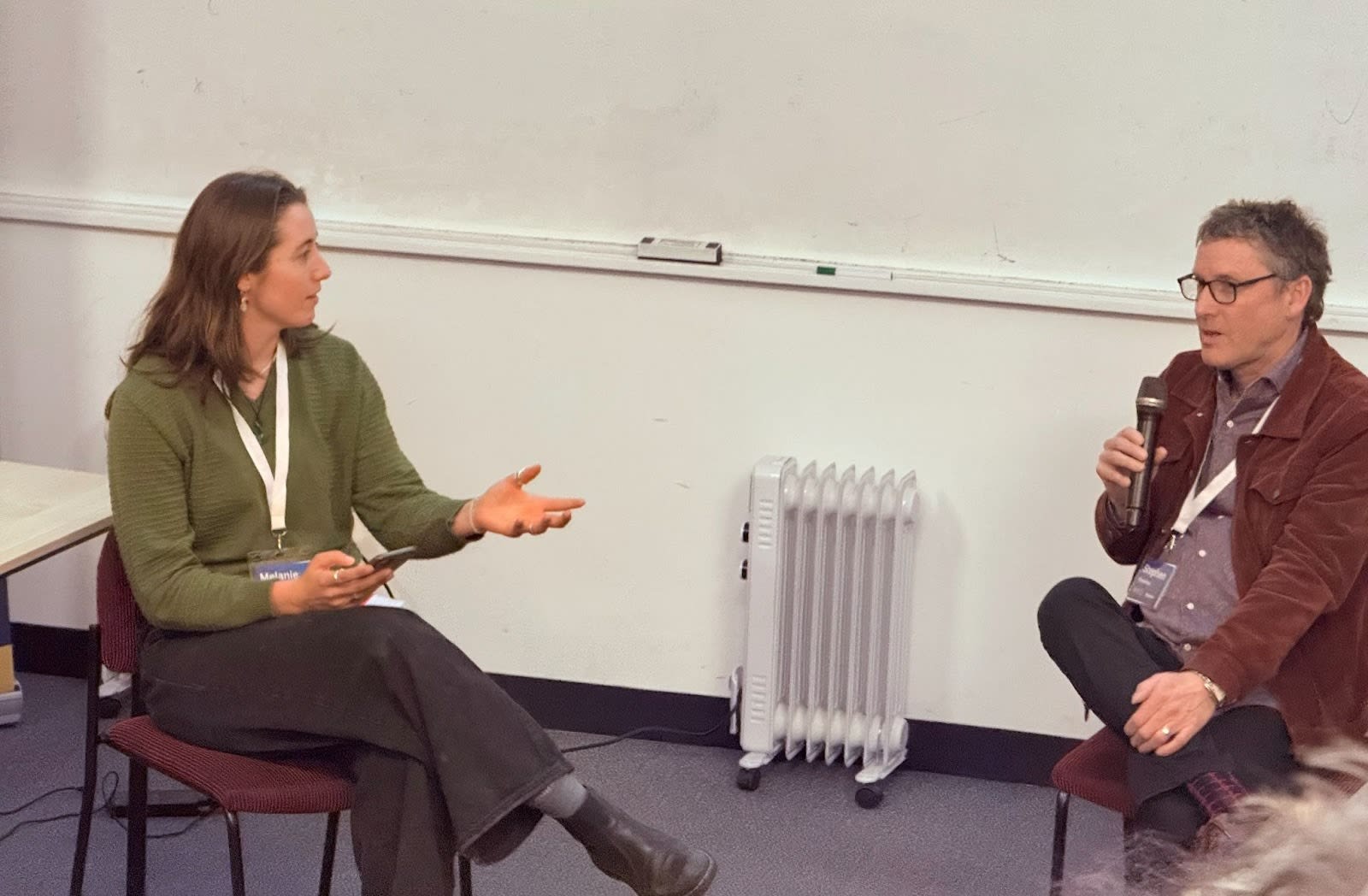
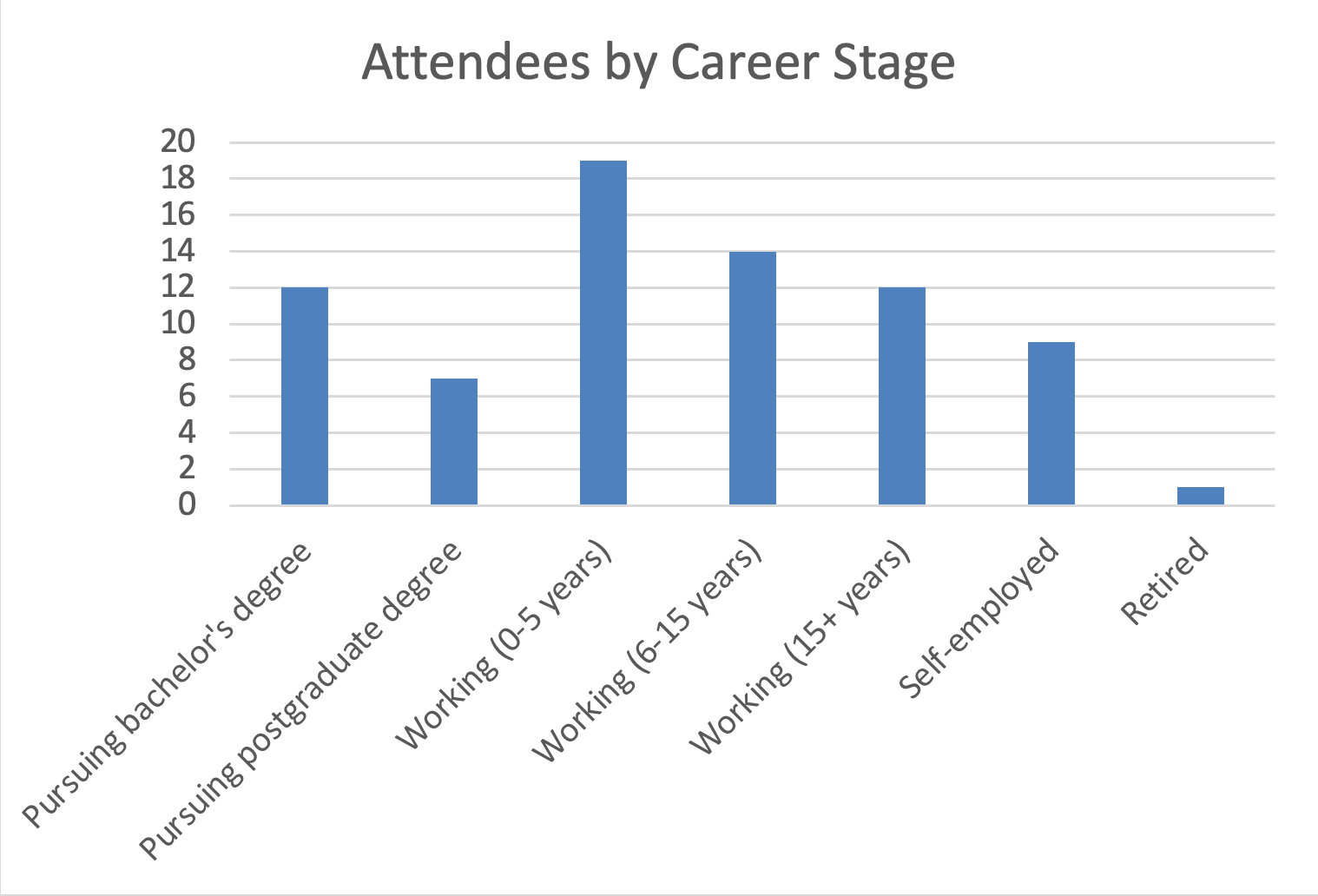
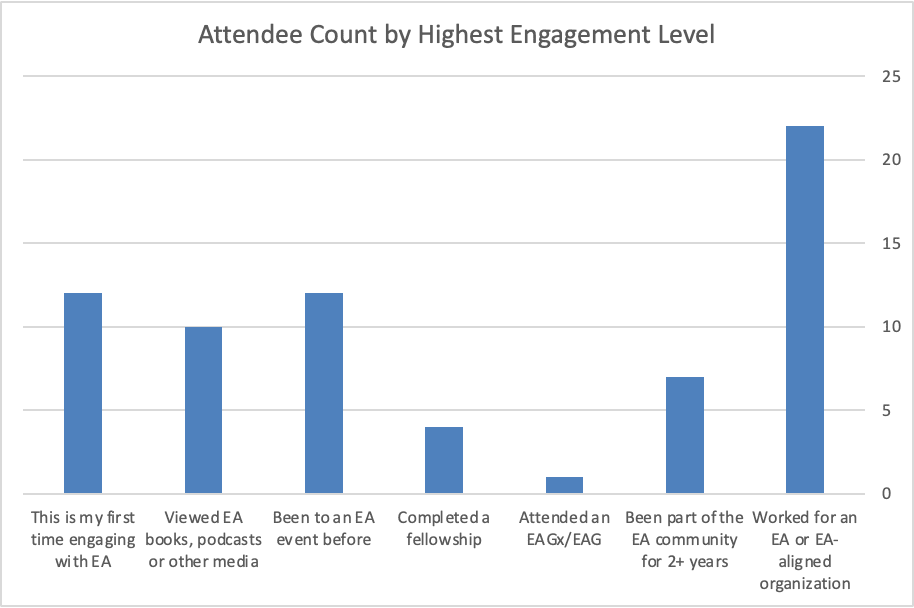
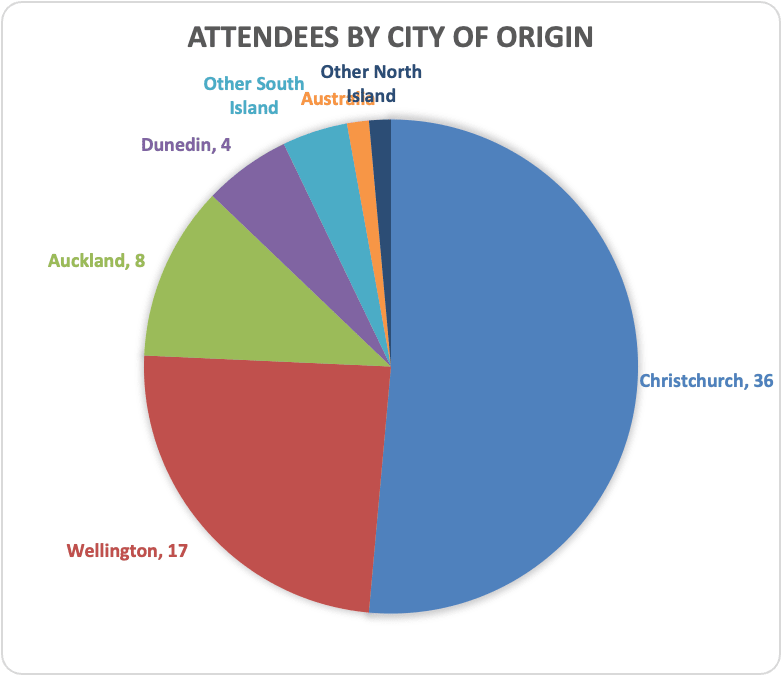
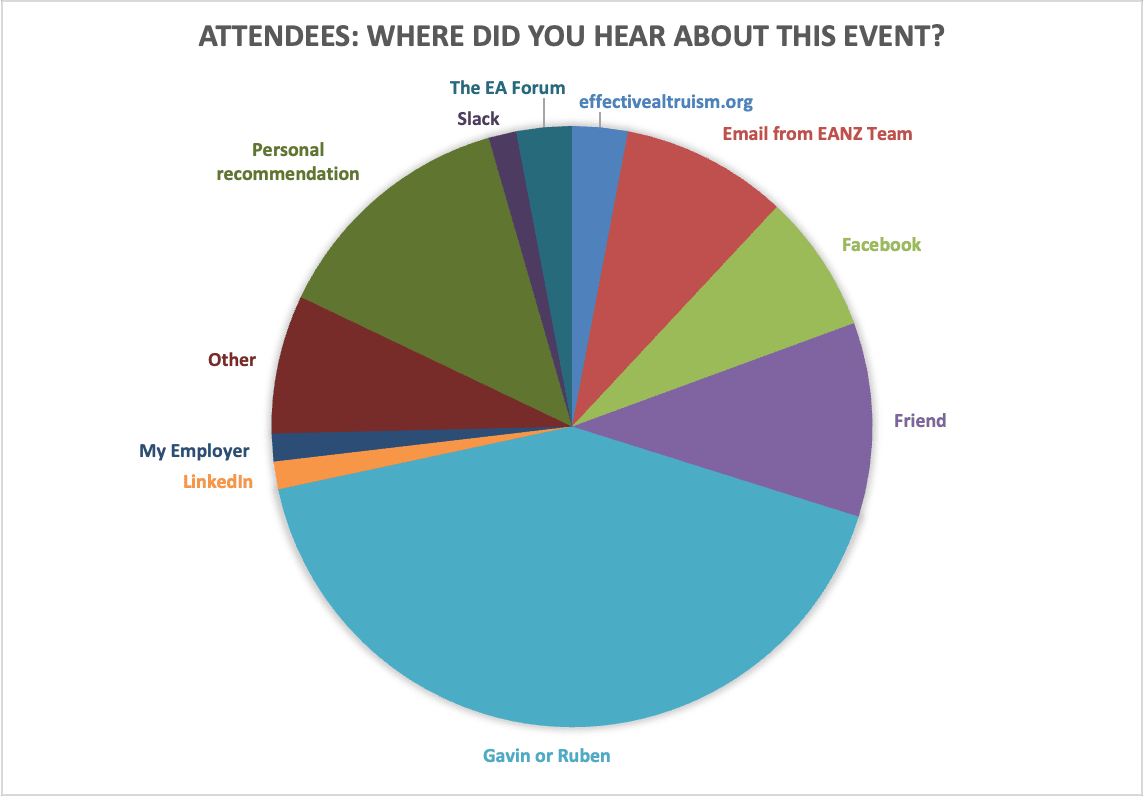
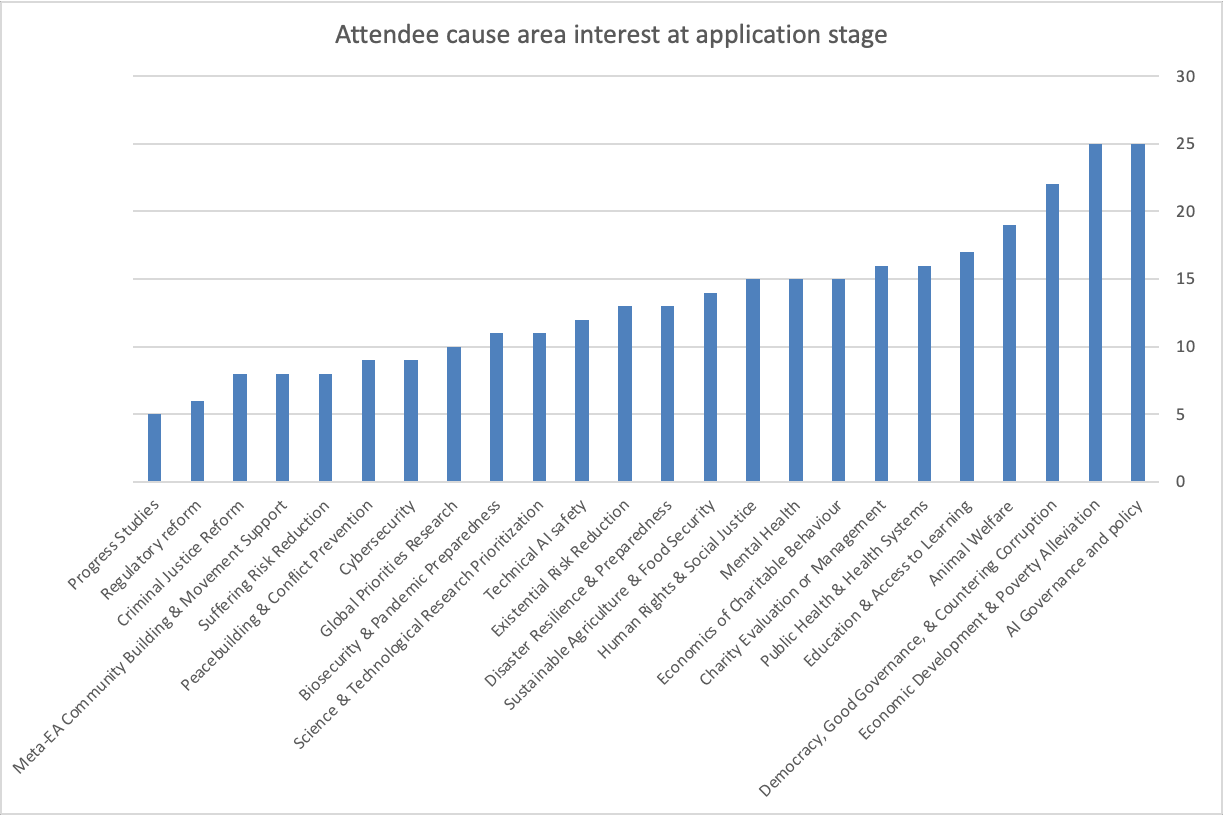
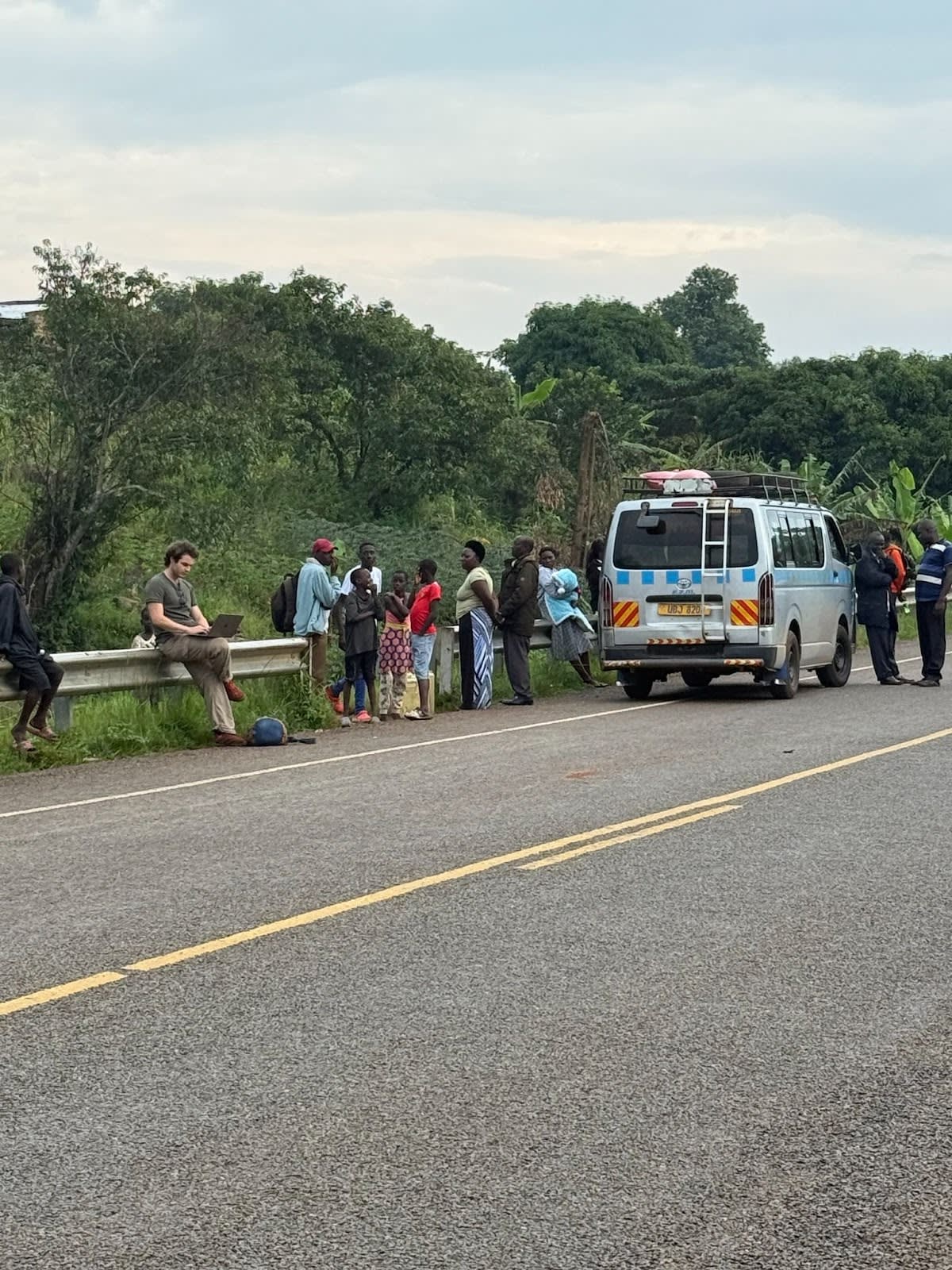
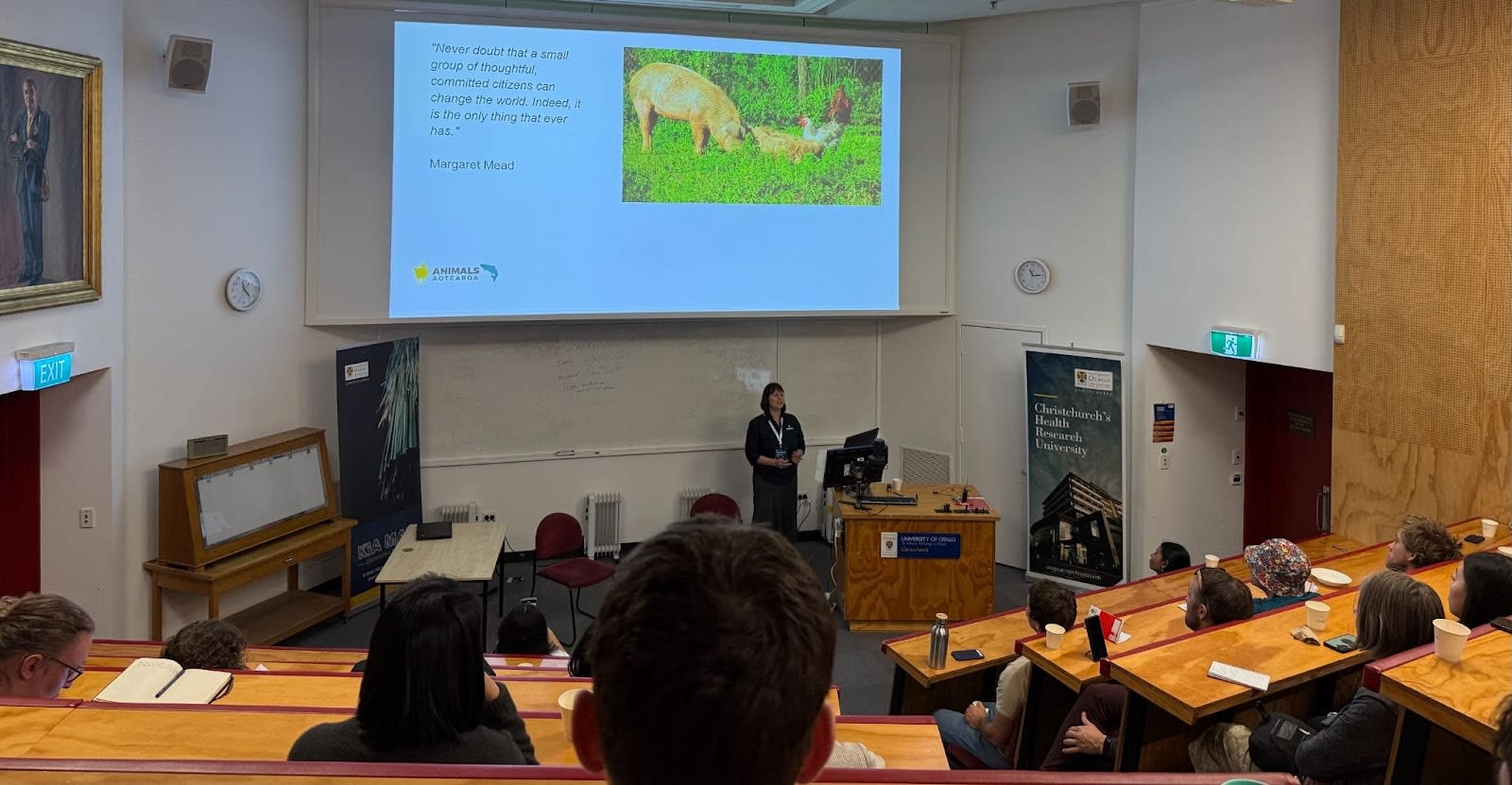
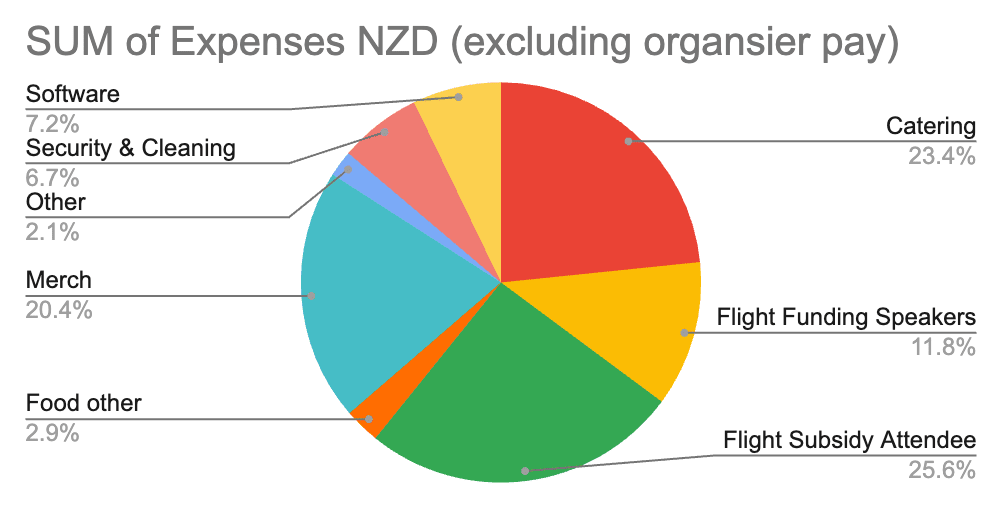
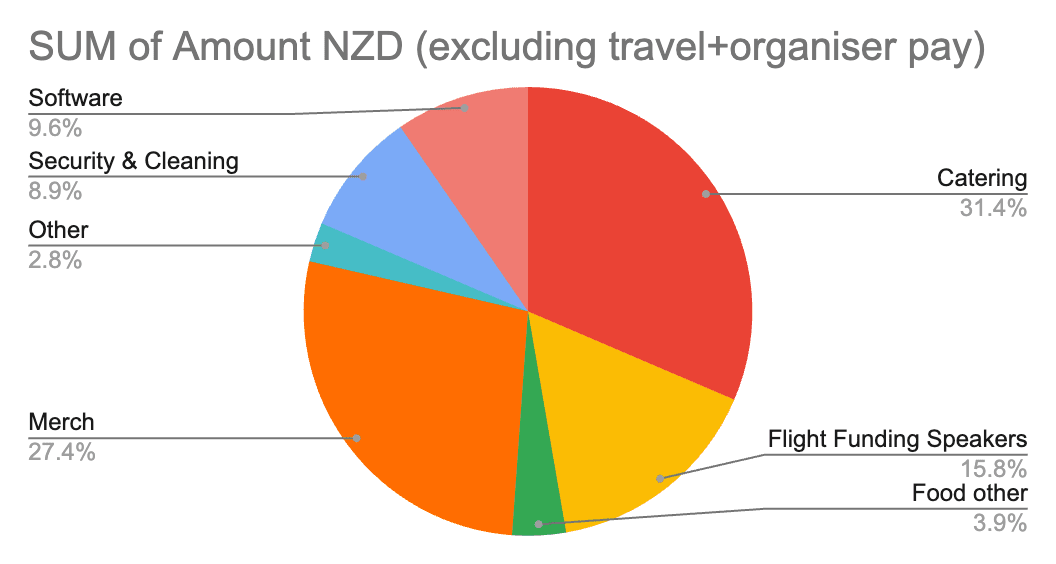
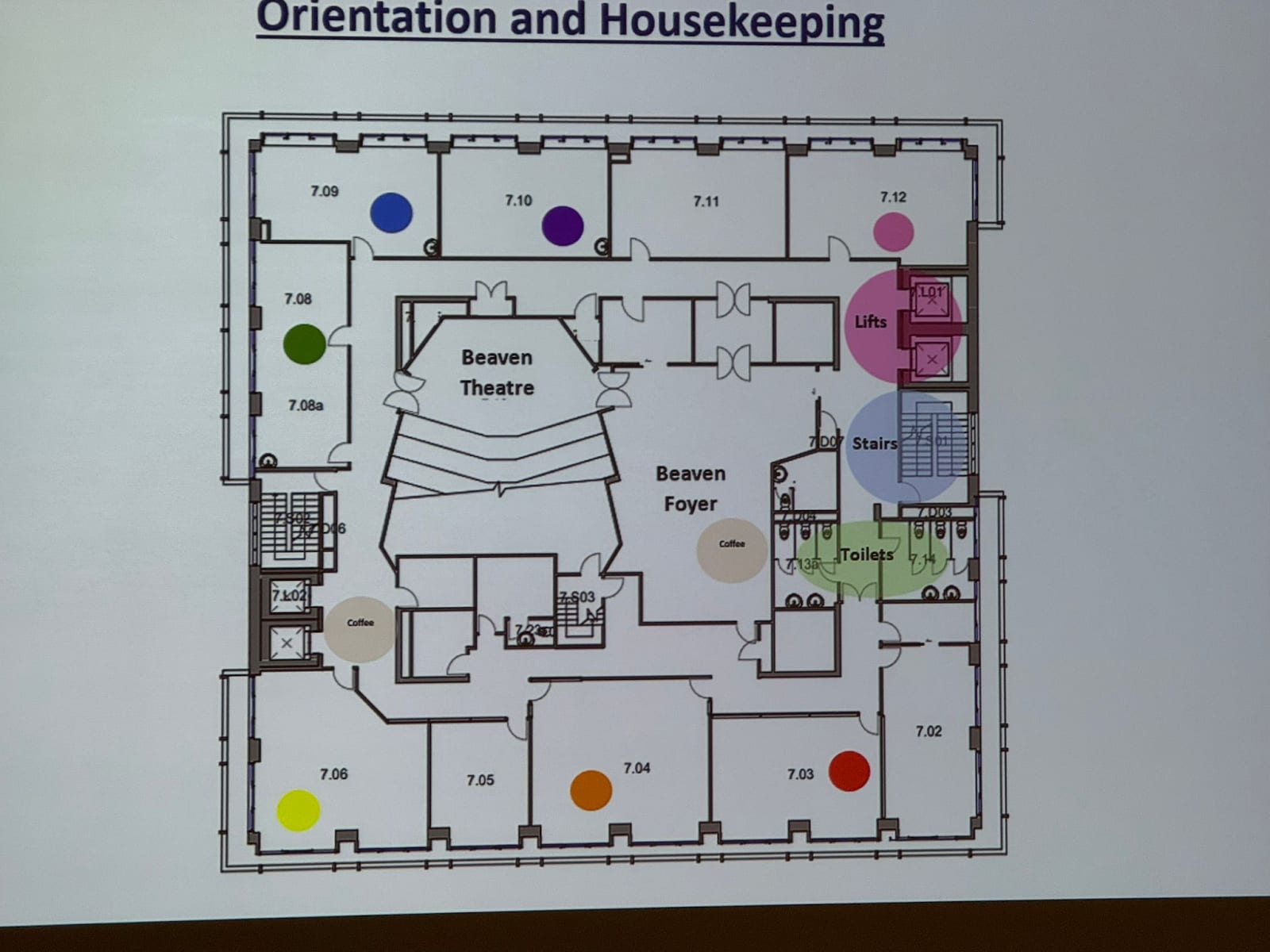
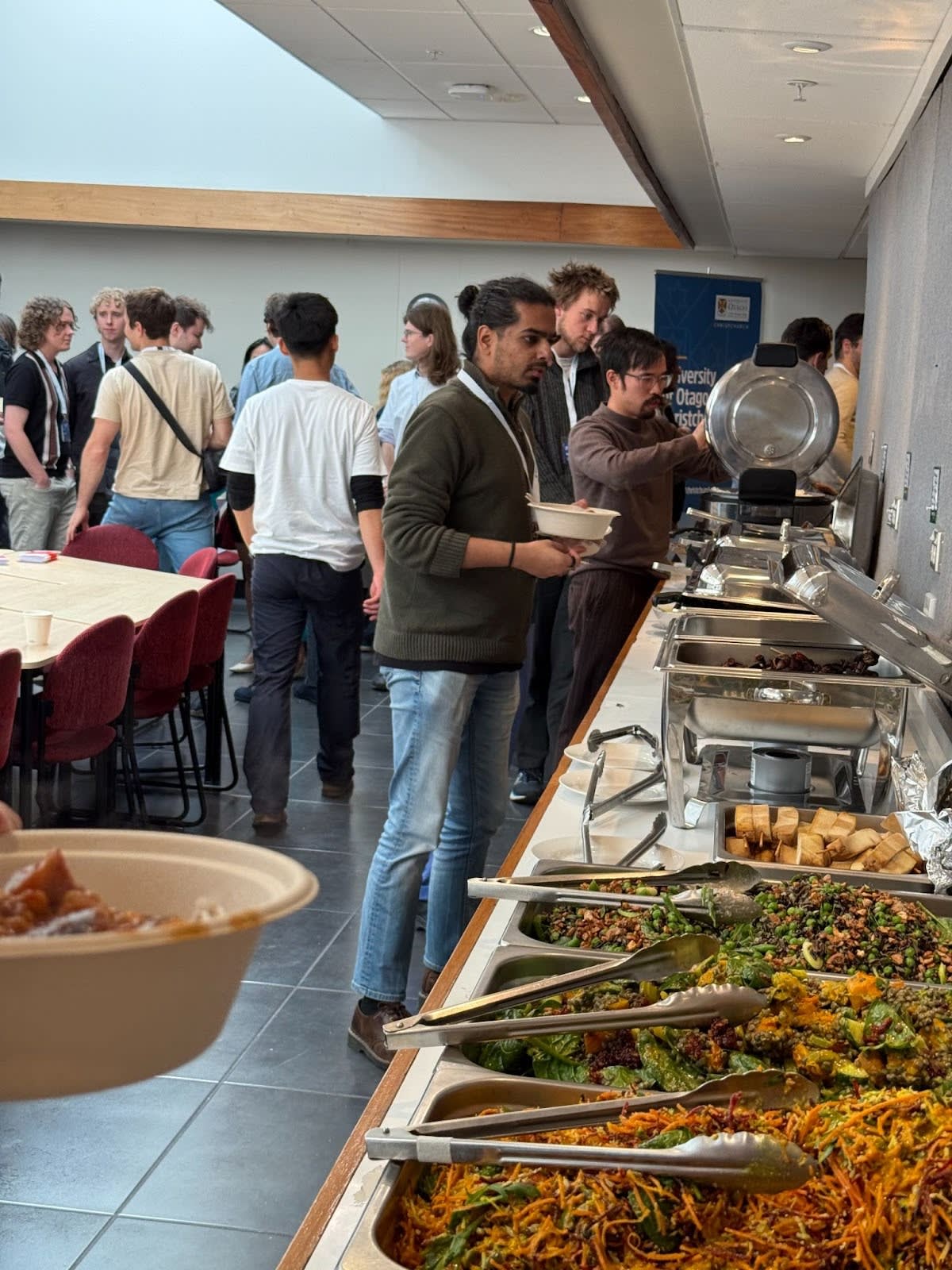
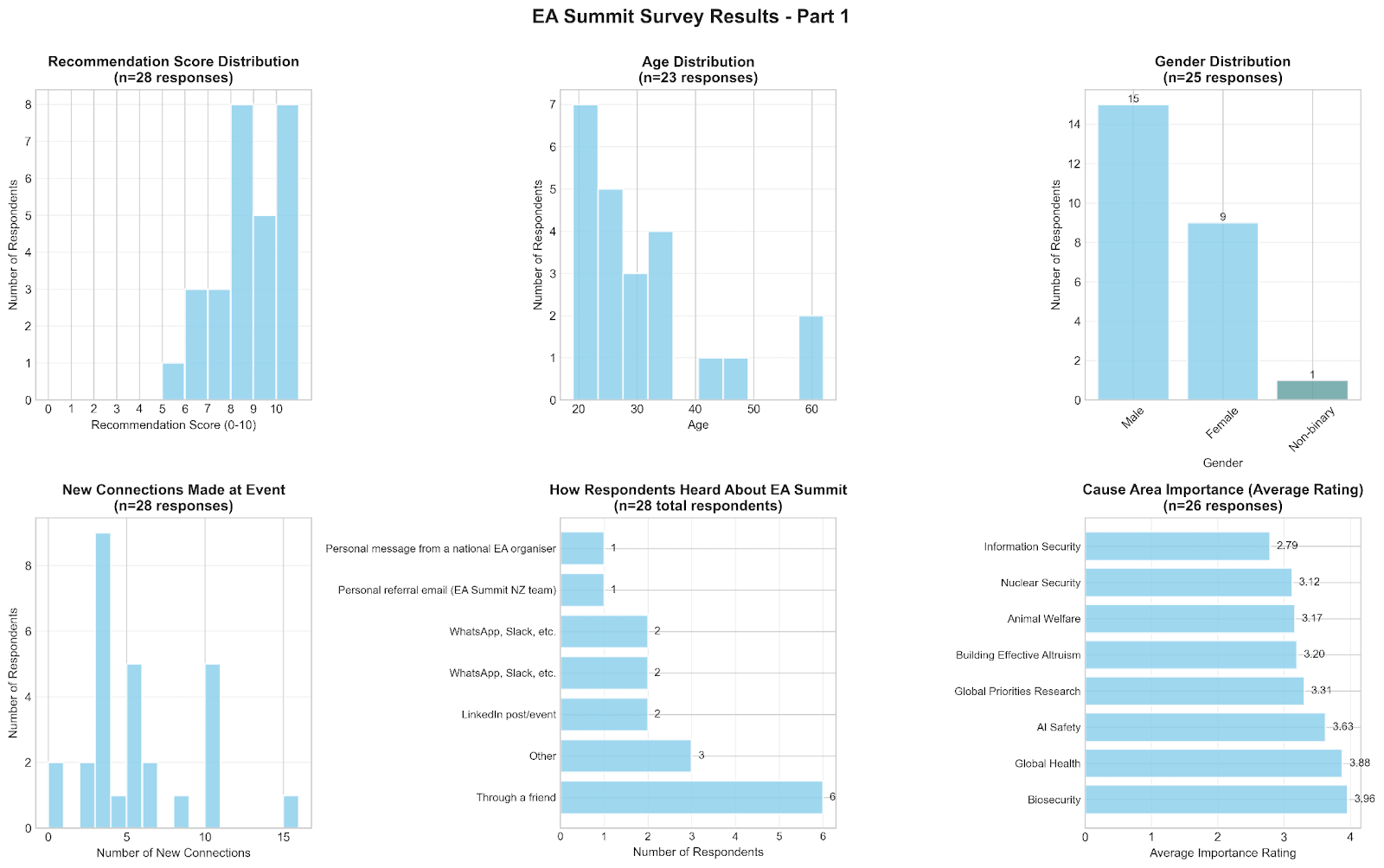
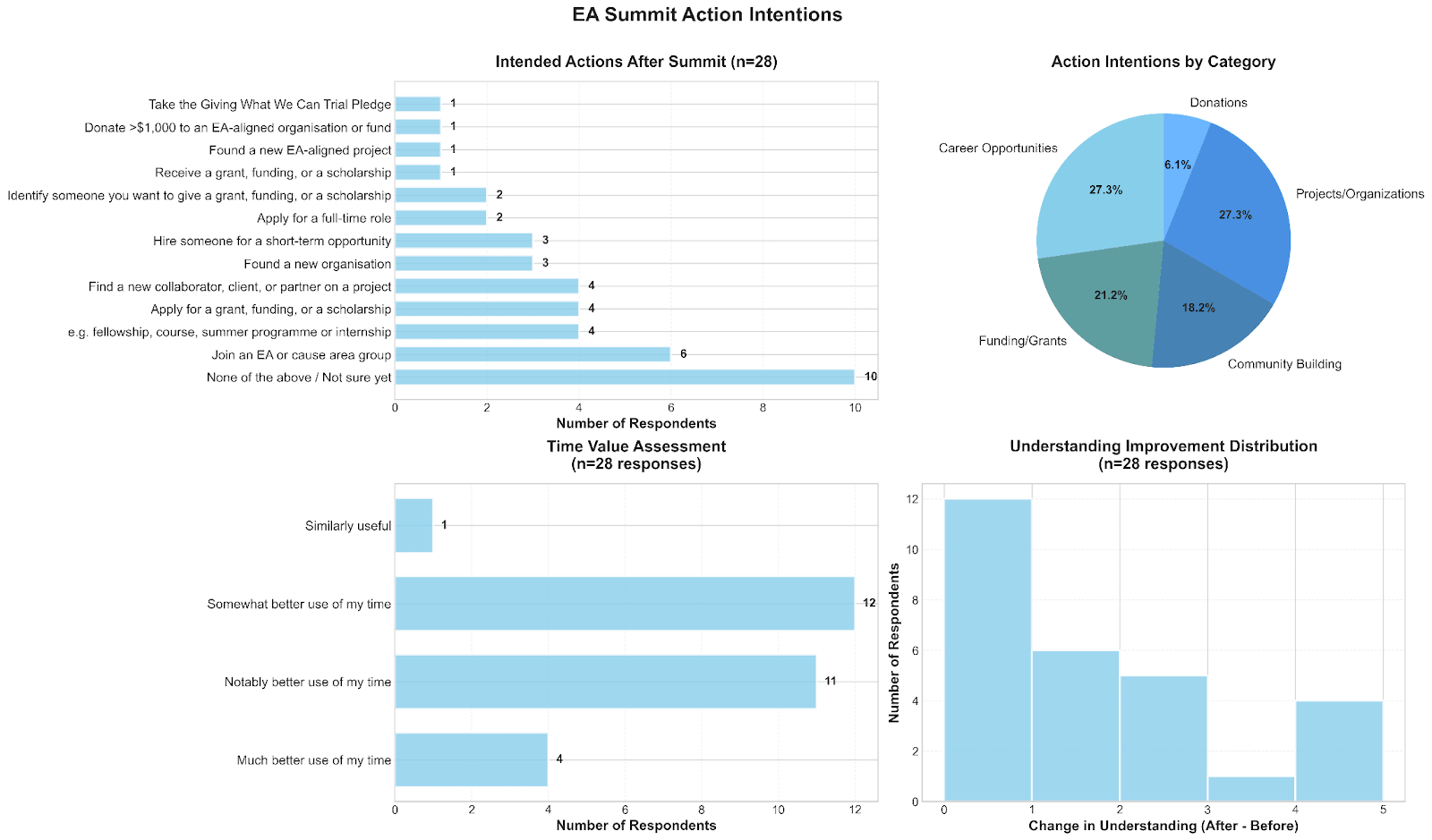
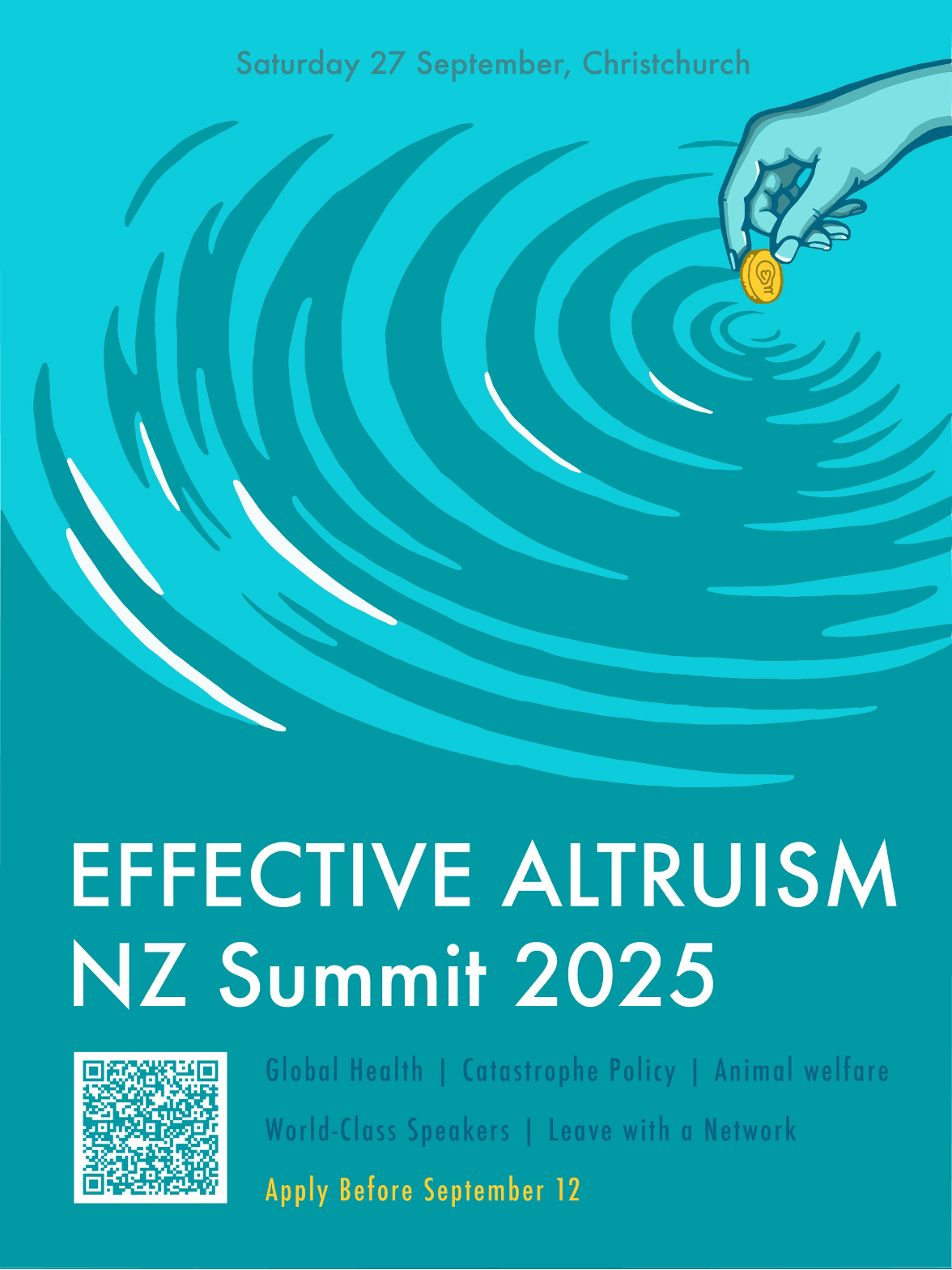
Great additional story mentioned in Hardworking dads in EA
Warned my heart so much to see this summit rocking it in my hometown! i love the idea of a one day summit like this, i think it might make it easier for working people to attend?
Nice job keeping costs down, especially in New Zealand where living costs are higher than most of Europe/US. Zero cost venue is amazing!
Importantly as well "However, it may have been more difficult for the marginal north islander to make the trip"
I strongly agree North Islanders are pretty marginal but that doesn't mean we shouldn't encourage them to come to an EA summit ;)
As an organising team this is a concern we take very seriously. Following a review Ruben and I have both secured jobs in Wellington.